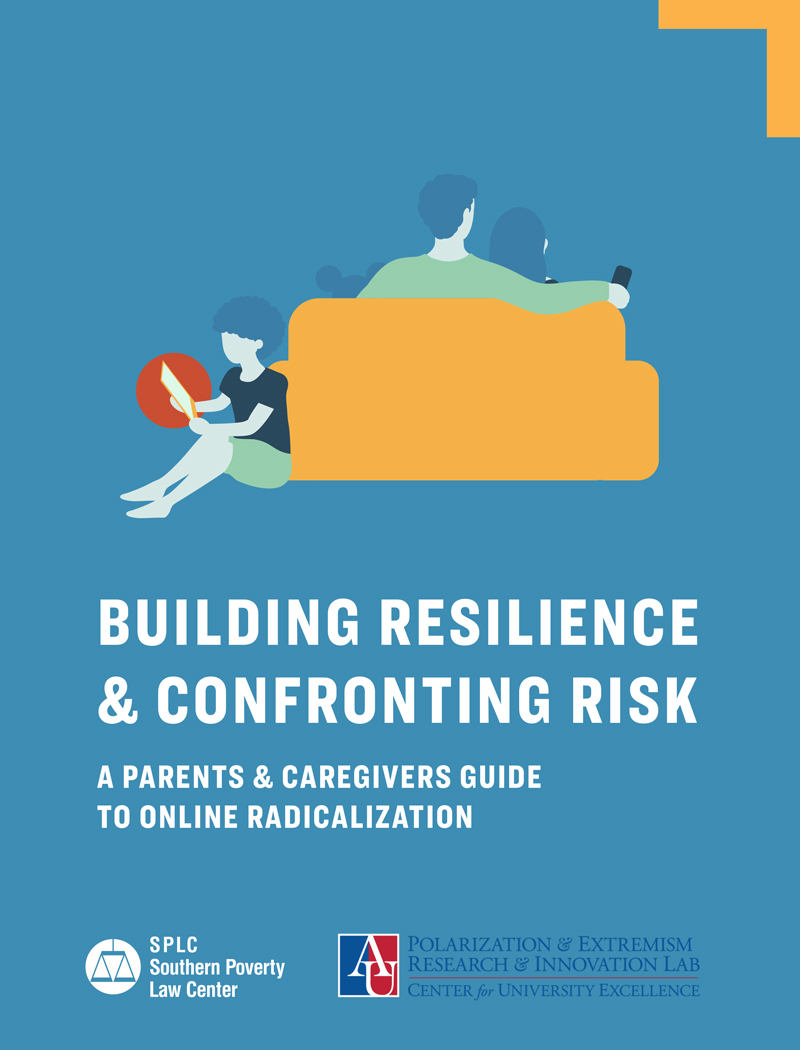Get informed. Learn how extremists exploit online communication to target children and young adults– and learn how to recognize warning signs, how to bolster children’s resistance to online manipulation, and how to get more help. Here are some of our guides that can help anyone who works with youth– as a parent or grandparent, therapist or counselor, coach, or other community member– be better equipped.
Stay alert to vulnerabilities that can make youth more susceptible to harmful online content– including emotions like anger, isolation, and loneliness but also a desire to belong or be part of a bigger sense of purpose.
Engage and empower young people. Listen, express curiosity, ask questions, and discuss current events with them. Remind children of the importance of internet safety and that people aren’t always who they say they are online.
Model acceptance, kindness, and empathy for others. People who have left extremist groups and movements often point to the unexpected kindness of others as the first step in helping them confront their prejudices and leave the movement.
Learn how to get further help and support victims and targeted groups. And share these resources with your neighbors, your networks, your family, and your friends.
